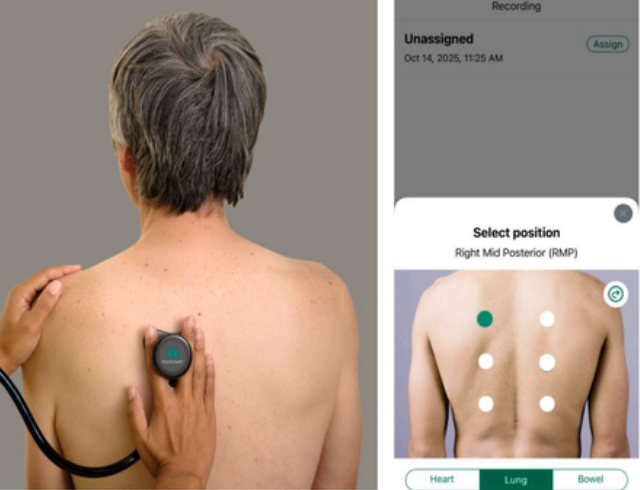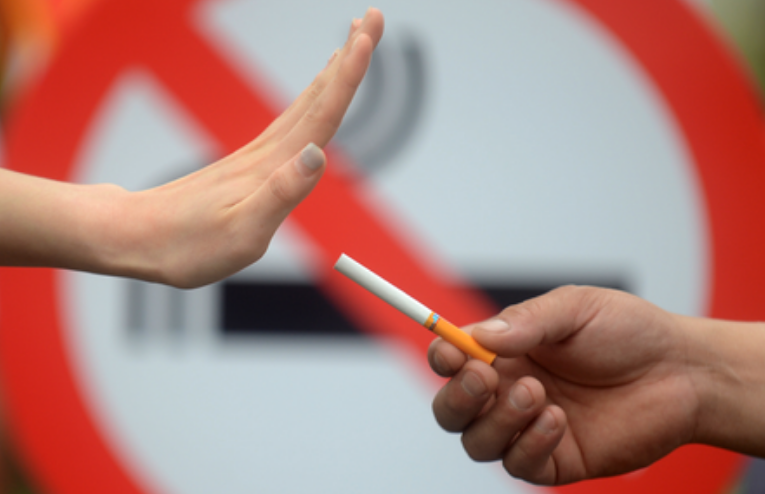Struggling with insomnia? Yoga, tai chi, and walking may improve sleep, study suggests

New Delhi– People struggling with insomnia may find relief through regular physical activity, including yoga, tai chi, walking, and jogging, according to new research. The study supports the use of exercise as a primary treatment option for poor sleep, rather than just a supplemental one.
Published in the journal BMJ Evidence-Based Medicine, the study offers a comprehensive look at how physical activity can improve sleep quality and reduce symptoms associated with insomnia. The condition is characterized by difficulty falling asleep, frequent nighttime awakenings, and early morning waking, and has been linked to increased risks of mental health disorders, cardiovascular disease, and even dementia.
While medications are commonly prescribed to treat insomnia, they often come with unwanted side effects. Cognitive behavioral therapy (CBT) has proven effective, but access remains limited due to a shortage of trained practitioners. The research team, led by Zhao-lan Liu from the Beijing University of Chinese Medicine, emphasized that exercise could serve as a safe, accessible, and affordable alternative.
“These findings reinforce the idea that exercise is more than just supportive therapy—it could stand on its own as a primary treatment for insomnia,” said Liu. “Although current clinical guidelines give exercise limited attention, this study provides robust evidence that could help shape more specific and actionable treatment recommendations.”
The researchers conducted a meta-analysis of 22 randomized controlled trials involving 1,348 participants. The studies evaluated 13 different treatment strategies for insomnia, including seven types of exercise-based interventions. These included yoga, tai chi, walking or jogging, strength training, combined aerobic and strength programs, and aerobic exercise paired with therapy.
The other treatments examined included cognitive behavioral therapy, sleep hygiene education, ayurveda, acupuncture, and massage therapy.
Among the exercise options, yoga stood out for significantly increasing total sleep time—by nearly two hours on average—and boosting sleep efficiency by close to 15 percent. It also cut down the time people spent awake after falling asleep by nearly an hour and shortened the time it took to fall asleep by about 30 minutes.
Walking or jogging was found to significantly reduce the severity of insomnia symptoms by almost 10 points on standardized scales. Tai chi also showed notable benefits, improving sleep quality scores by more than four points, increasing sleep duration by over 50 minutes, and reducing time spent awake after sleep onset by over 30 minutes. Sleep latency also improved, with participants falling asleep roughly 25 minutes faster.
The researchers pointed out that these forms of exercise are low-cost, widely accessible, and come with minimal risk of side effects. Given these advantages, they recommended that such physical activity programs be incorporated into primary care settings and community health initiatives to help address sleep disorders more broadly. (Source: IANS)






